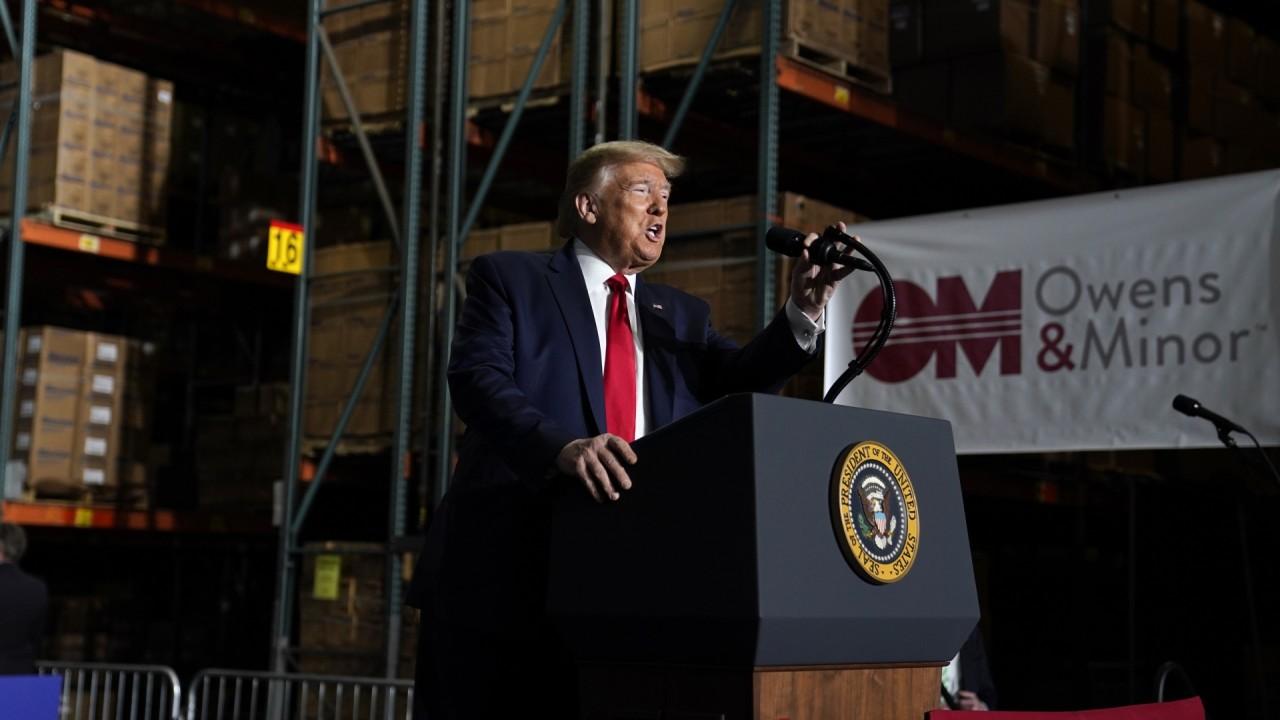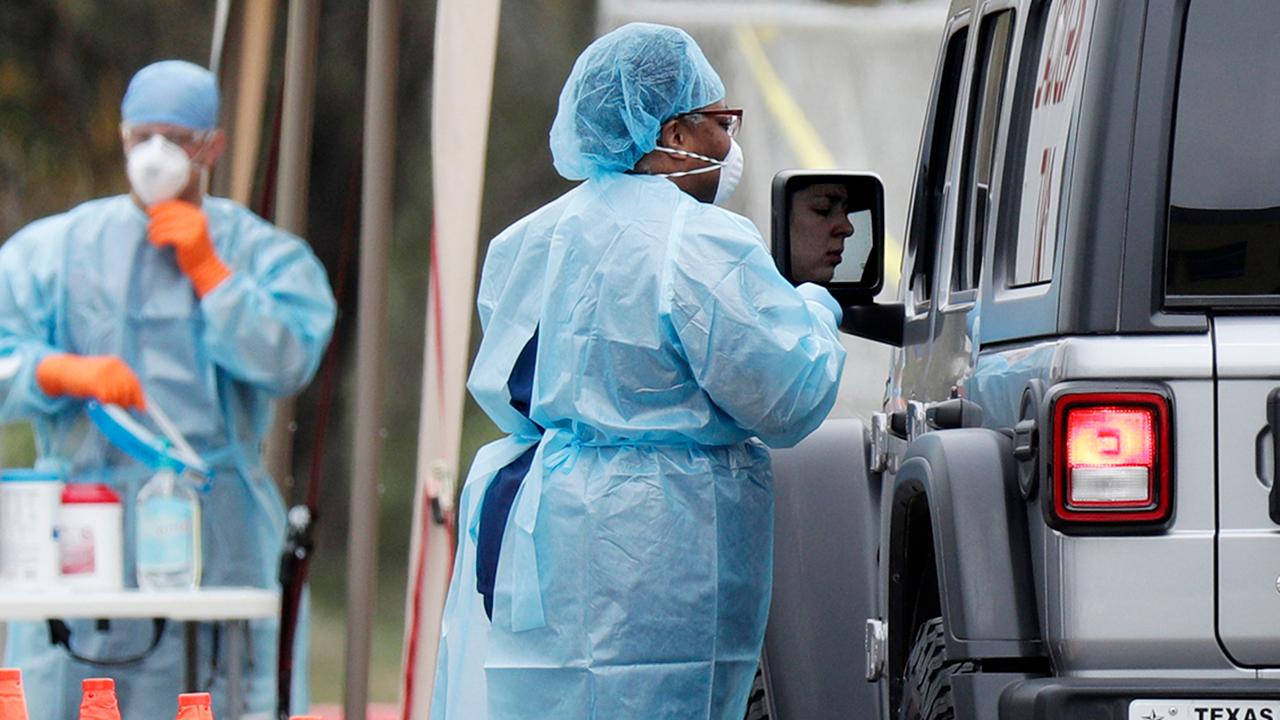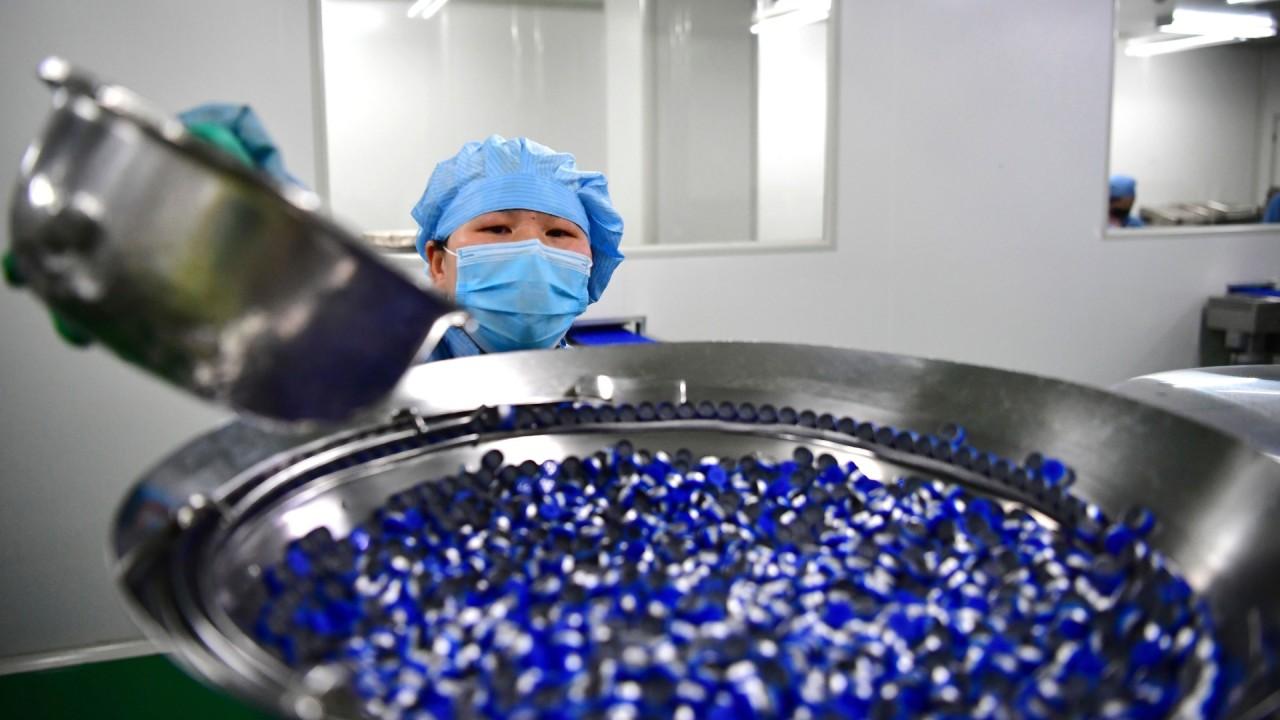What is the Strategic National Stockpile?
The Strategic National Stockpile has help ship medical equipment during the coronavirus
Get all the latest news on coronavirus and more delivered daily to your inbox. Sign up here.
On Thursday, the White House announced that President Trump would be releasing a plan to restock and improve the Strategic National Stockpile.
The SNS augments “state and local supplies during public health emergencies,” according to the Public Health Emergency website,
TRUMP: CORONAVIRUS VACCINE COULD COME BY END OF THE YEAR
However, before the coronavirus started to spread in the United States, the SNS had one and three weeks’ worth of equipment, The Wall Street Journal reported.
But Trump plans to change that.
The improved SNS have more supplies of critically-needed items, and will integrate predictive analytics to determine needs, by using technology to provide understand supply chains and reduce dependency on foreign supplies, according to the White House.
CORONAVIRUS WRECKS MANY STATE BUDGETS, COULD TRIGGER DEEPER CUTS
Here’s what else you need to know about the Strategic National Stockpile:
How does the SNS work?
The SNS has about 200 employees who help maintain the stockpile, train emergency staff, manage the inventory and coordinate with state and local officials during public health emergencies, according to the website.
In times of a public health emergency, the SNS can deploy its inventory to communities to help their response, the website said.
In cases where the disease is unknown, the SNS sends a range of pharmaceuticals and medical supplies that are ready for delivery “anywhere in the United States within 12 hours of the federal decision to deploy,” the website said.
According to the website, each of those packages have 50 tons of emergency medical resources.
What’s in the stockpile?
The SNS has a variety of supplies, medicines and devices for life-saving care in its inventory, according to the website.
Some products could require an Emergency Use Authorization from the U.S. Food and Drug Administration -- for use of an “unapproved medical product” in an emergency or for the use of an approved product in an unapproved way to “diagnose, treat or prevent serious or life-threatening diseases or conditions for which no adequate, FDA-approved alternative is available,” the website said.
WHAT IS PLEXIGLASS? TRANSPARENT CORONAVIRUS BARRIER HAS MANY USES
The SNS also has CHEMPACKs, “containers of nerve agent antidotes” to treat symptoms of nerve agent exposure, and Federal Medical Stations, which are non-emergency medical centers used during natural disasters, according to the website.
Federal Medical Stations help care for people with special health needs who have been displaced from their homes, but cannot stay in a shelter. Those health needs can include chronic conditions, limited mobility or mental health issues.
“The modular and rapidly deployable reserve of beds, supplies, and medicines provides equipment to care for 50–250 people for 3 days before resupply is needed,” the website said.
Where is the stockpile?
The general medications and supplies in the SNS are kept in warehouses throughout the United States, according to the website.
The SNS keeps 1,960 containers of CHEMPACKs throughout the United States -- mostly in hospitals or fire stations -- so that “more than 90 percent of the U.S. population is within 1 hour of a CHEMPACK location,” the website said.
GET FOX BUSINESS ON THE GO BY CLICKING HERE
How has the SNS helped the coronavirus response?
The stockpile has shipped 11,449 tons of cargo with personal protective equipment and other supplies to help states, according to the SNS website,
It has also partnered with more than 81 private companies for medical supplies and delivery, brought in 175 employees to its operation center and sent liaisons to the U.S. Department of Health and Human Services, the website said.
However, according to the Thursday press release from the White House, the stockpile "lacked the breadth and depth to respond to pandemic demand, only stocking 28 percent of needed items and containing less than a month's supply of key items."






















